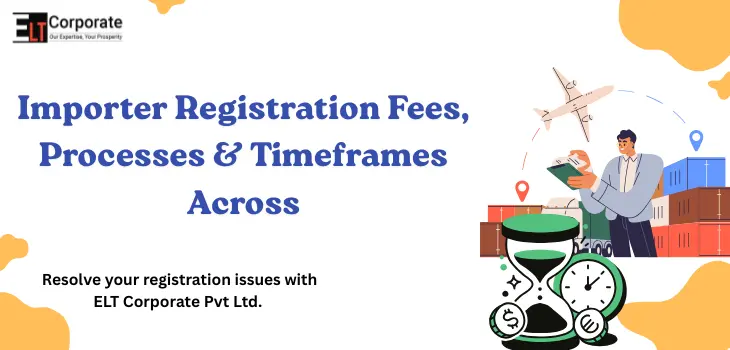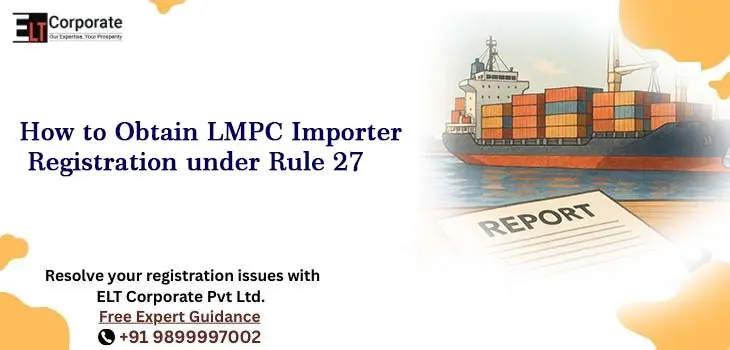Legal Metrology compliance in the textile industry ensures that textile products such as clothes, fabrics, and garments are sold with correct labeling, weights, and measurements. This law protects consumers from misleading information and guarantees fair trade practices. In India, the Legal Metrology Act, 2009 and the Legal Metrology (Packaged Commodities) Rules, 2011 govern how textile manufacturers, importers, and sellers must display product details. It is especially important because the textile sector in India is one of the largest industries, with both domestic and international buyers relying on accurate product information.
What Does Legal Metrology Compliance In The Textile Industry Mean In India?
Legal Metrology compliance in the textile industry means following rules related to weights, measures, and labeling on textile products. It ensures that textiles sold in India clearly show details such as fiber composition, dimensions (e.g., length and width), net quantity, MRP, and manufacturer details. Without this compliance, businesses cannot legally sell packaged textile goods in the Indian market.
Why Is Legal Metrology Compliance Important For Textile Manufacturers And Sellers?
Legal Metrology compliance is important because it prevents unfair practices like under-measurement or mislabeling. For manufacturers and sellers, compliance builds trust with customers, avoids penalties, and helps maintain smooth business operations. Since textiles are often exported, compliance also helps in meeting international standards, making Indian textiles more competitive in global markets.
Which Authority Regulates Legal Metrology Compliance In The Textile Industry?
In India, the Department of Consumer Affairs under the Ministry of Consumer Affairs, Food & Public Distribution regulates Legal Metrology. At the state level, Controllers of Legal Metrology ensure inspections and enforcement for textile compliance.
What Labeling Requirements Must Be Followed Under Legal Metrology Compliance For Textiles?
For textile products, the label must include:
- Name and address of the manufacturer, packer, or importer.
- Generic name of the product (e.g., cotton shirt, polyester saree).
- Fiber composition (e.g., 100% cotton, 80% polyester + 20% cotton).
- Net quantity (in meters, pieces, or sets).
- Maximum Retail Price (MRP) inclusive of all taxes.
- Country of origin (for imported textiles).
These details must be clear, readable, and not misleading.
How Does Legal Metrology Compliance Apply To Textile Imports In India?
Imported textiles must also follow Indian Legal Metrology rules before being sold in the market. Importers must ensure that labels are in line with the Packaged Commodities Rules, mentioning net quantity, manufacturer’s/importer’s details, and MRP. If labeling is not compliant, customs may stop the goods from clearance.
What Packaging And Weight Declaration Rules Are Required Under Legal Metrology Compliance For Textiles?
Textile packaging must correctly declare the weight and measurement of the product. For example:
- Fabric rolls must mention length in meters.
- Garments must declare the number of pieces in the pack.
- Net weight should not include packaging material.
This helps consumers receive exactly what they are paying for.
What Documents Are Necessary To Meet Legal Metrology Compliance In The Textile Industry?
Key documents include:
- LMPC (Legal Metrology Packaged Commodity) registration certificate.
- Manufacturer or importer license.
- Product test reports (for weight/measurement).
- Packaging and labeling design approvals.
These documents are required during inspections and for smooth imports.
How Are Textile Products Inspected For Legal Metrology Compliance In India?
Legal Metrology officers conduct random inspections in factories, warehouses, retail stores, and ports. They check product labels, weights, and packaging. Any mismatch between declared and actual measurements can result in penalties.
What Penalties Exist For Non-Compliance With Legal Metrology Rules In The Textile Sector?
Penalties include:
- Monetary fines (ranging from ₹25,000 to ₹1,00,000 depending on the violation).
- Seizure of non-compliant goods.
- Suspension of import or manufacturing licenses.
Non-compliance may also damage the brand’s reputation and affect exports.
How Does Legal Metrology Compliance Benefit Consumers In The Textile Industry?
Compliance ensures that consumers are not cheated with wrong measurements or false fiber claims. For example, a saree labeled as “100% silk” must actually contain silk. This builds trust, protects consumer rights, and enhances transparency in trade.
What Challenges Do Businesses Face In Meeting Legal Metrology Compliance For Textiles?
Common challenges include:
- Frequent changes in labeling rules.
- Additional compliance costs for small manufacturers.
- Lack of awareness about packaging requirements.
- Customs delays for non-compliant imports.
How Does Legal Metrology Compliance Affect E-Commerce Sellers Of Textile Products?
E-commerce platforms must display product details like fabric type, dimensions, MRP, and country of origin online. The Legal Metrology (E-Commerce) Rules, 2017 make it mandatory for online textile sellers to show clear and correct information, just like physical stores.
How Does Legal Metrology Compliance In India Compare With International Practices For Textiles?
Globally, countries like the USA and EU also have strict textile labeling laws. For example:
- EU law requires fiber composition and care instructions.
- US Federal Trade Commission requires country of origin and fiber content.
India’s Legal Metrology rules are largely in line with these standards, making compliance helpful for exporters.
What Role Does Technology Play In Strengthening Legal Metrology Compliance In The Textile Industry?
Technology like digital weighing machines, barcode systems, and online product registration helps businesses maintain accuracy in labelling and packaging. Authorities are also using mobile apps and online portals for quick inspections and reporting.
What Is The Future Outlook Of Legal Metrology Compliance in the textile sector in India?
The future will see stricter enforcement and digital monitoring. With the rise of online textile sales, compliance will become even more important. India is expected to align its rules more closely with international standards to promote textile exports.
Is Legal Metrology Registration Mandatory For Textile Businesses In India?
Yes, it is mandatory for manufacturers, packers, and importers of textiles sold in packaged form.
What Happens If Textile Labels Do Not Comply With Legal Metrology Rules?
Non-compliant products can be seized, and businesses may face heavy penalties.







